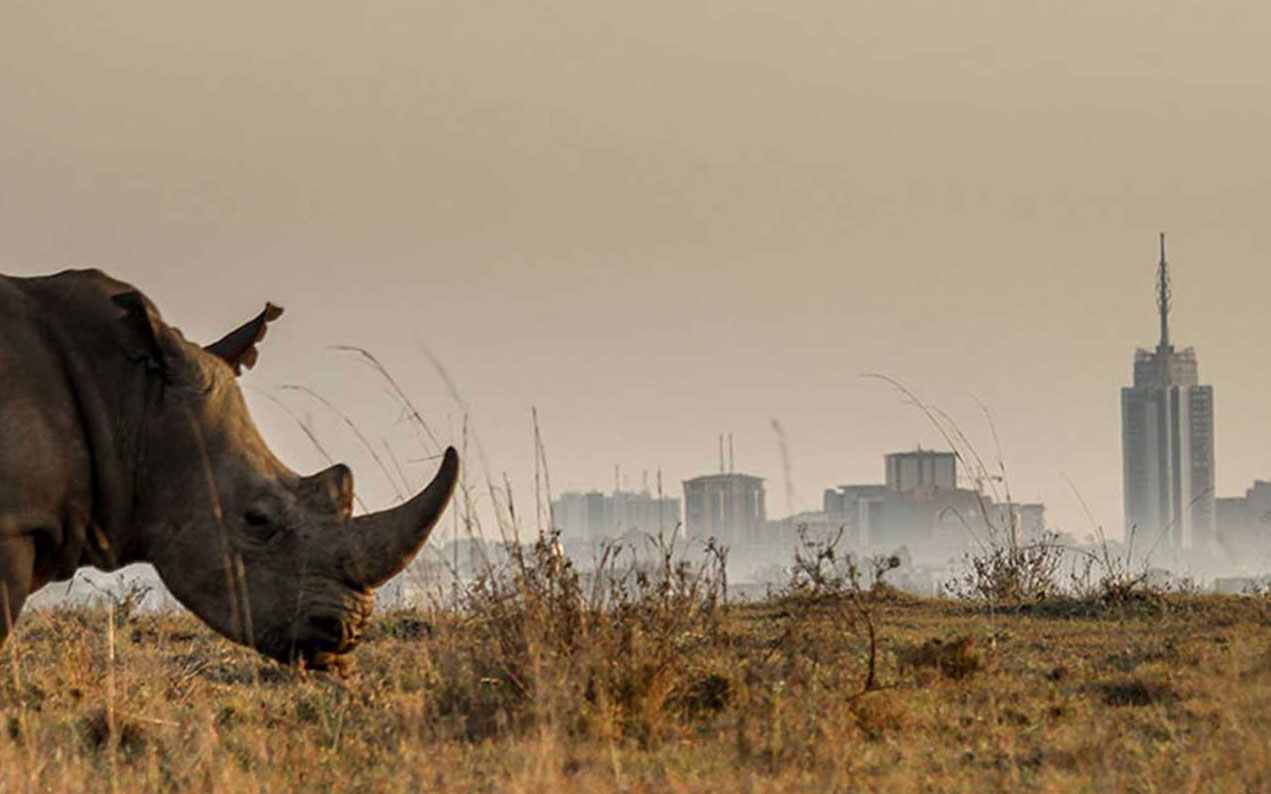Investing in the Frontier Economies of Africa
The term ‘’Frontier markets’’ was coined in 1992 when the International Finance Corporation, a division of the World Bank, started publishing data on smaller markets.
Frontier markets are characterized by lower market capitalization and liquidity than the Developed and Emerging markets, and may have market restrictions which make them unsuitable for inclusion in the larger Emerging market indexes. Nonetheless, they demonstrate a relative openness to and accessibility for foreign investors, and are not under extreme economic and political instability. Higher economic growth, more acceptable corporate governance standards, improved government policy making, and political stability have driven attractive returns for some frontier market stocks and bonds in recent years.

The term ‘’Frontier markets’’ was coined in 1992 when the International Finance Corporation, a division of the World Bank, started publishing data on smaller markets.
Characteristics of Frontier Market Countries:Frontier markets are characterized by lower market capitalization and liquidity than the Developed and Emerging markets, and may have market restrictions which make them unsuitable for inclusion in the larger Emerging market indexes. Nonetheless, they demonstrate a relative openness to and accessibility for foreign investors, and are not under extreme economic and political instability. Higher economic growth, more acceptable corporate governance standards, improved government policy making, and political stability have driven attractive returns for some frontier market stocks and bonds in recent years.
Characteristics of Frontier Market Countries:
- Faster economic growth
- A rising middle class
- Natural Resources
- Improving macroeconomic policy management
- Increasing political stability

